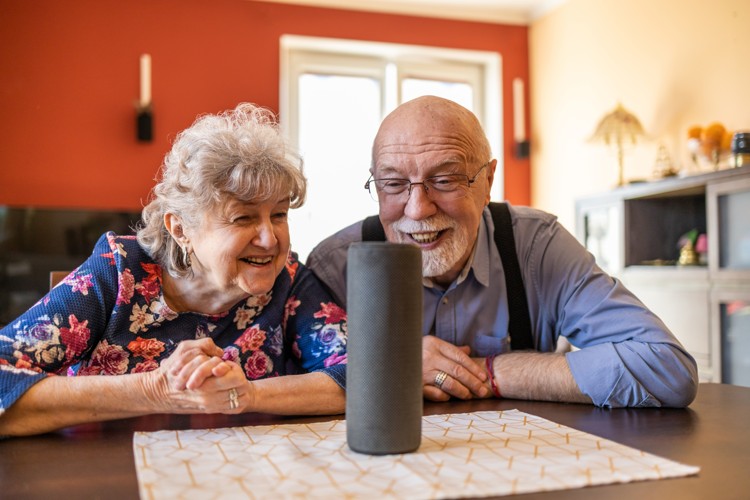Connecting families to trusted senior services
Let’s Work Together
The most difficult challenge facing us as we age is the ability to find the best care for our loved ones. Trying to navigate through the thousands of businesses available to find the best care and services can be overwhelming. We are here to help.
Our Mission
To bridge the gaps in the senior services industry and provide a highly compassionate, trusted and caring team of professional solution providers and resources for seniors and families dealing with life changes and challenges.
Our Team
We understand it’s never one decision. Each member is equipped to bring in every service expert to answer any questions and get everything done. It is our goal to make sure you don’t have added stress trying to make these decisions. Our service providers are fully vetted and agree to support our mission and purpose.
How We Work
We are a team of trusted advisors and experts that can guide you through any situation, whether it’s as simple as companion care, as complex as hospice care, or Medicare/Medicaid benefits.
Our Services
Bridging The Gaps In The Senior Services Industry

Aging In Place
We can connect you to services that assist you with daily living. Accessibility, adult daycare, home maintenance, home safety, skilled nursing, and transportation.

Financial Planning
We can assist with connecting you to services that can offer estate planning, funeral pre-planning, long-term care insurance, mortgages, accounting, and financial services.

Medical/Health
We can connect you to services that help with medical equipment, geriatric physicians, VA benefits, mental health, health care, and home care providers, along with health, wellness, & nutrition.

Legal
We can help with connecting you to legal services that assist with real estate, title companies, family law, elder mediation, and elder law.

Senior Moves
We can assist with connecting you with senior moving services including; move managers, senior communities, and realtors, along with estate sale services and appraisers.

Senior Resources
We can connect you with additional resources for you to get involved in your area. Community content, events, and speakers.

Start today
Select Your Location & Find Trusted Services In Your Area

